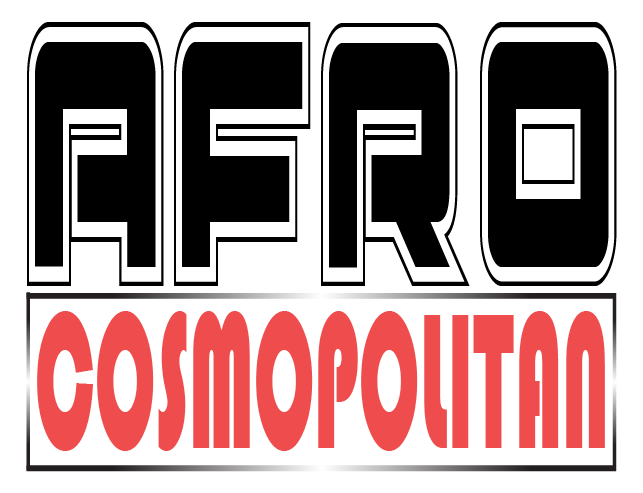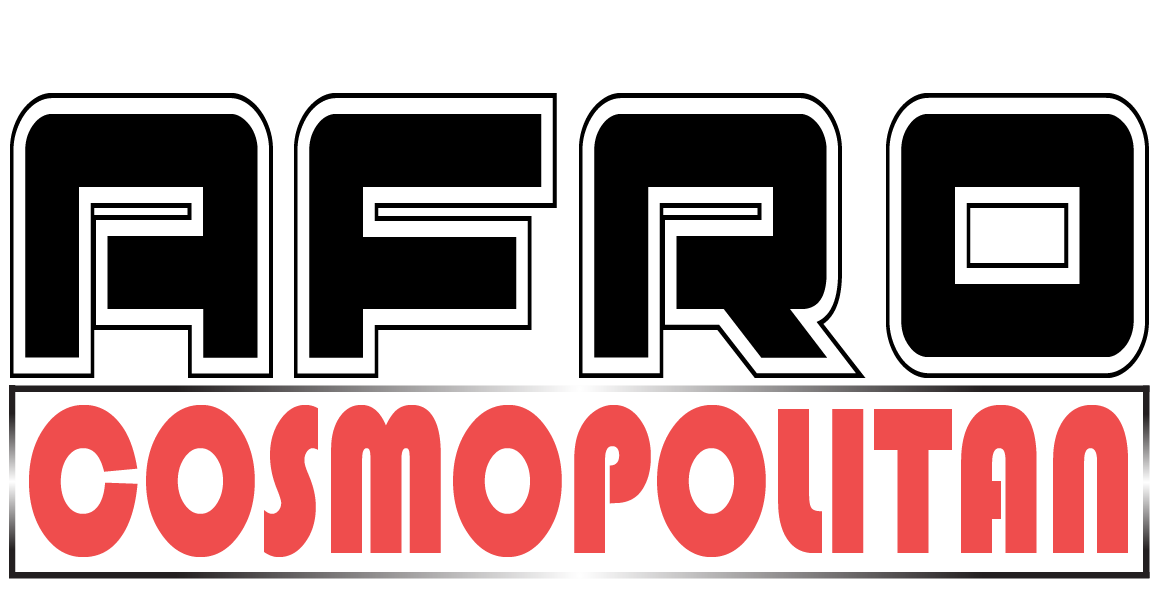Human rights judges will soon deliver their judgement in a case that involved Italy intercepting Somalian and Eritrean migrants at sea and deporting them to Libya.
The European Court of Human Rights’ Grand Chamber final judgment in the case of Hirsi Jamaa and Others v. Italy (application no. 27765/09), is expected at a public hearing scheduled for Thursday 23 February.
Principal facts
The applicants are 11 Somalian and 13 Eritrean nationals. They were part of a group of about 200 people who left Libya in 2009 on board three boats bound for Italy. On 6 May 2009, when the boats were 35 miles south of Lampedusa (Agrigento), within the maritime search and rescue region under the responsibility of Malta, they were intercepted by Italian Customs and Coastguard vessels. The passengers were transferred to the Italian military vessels and taken to Tripoli.
The applicants say that during the journey the Italian authorities did not tell them where they were being taken, or check their identity. Once in Tripoli they were handed over to the Libyan authorities.
At a press conference on 7 May 2009 the Italian Minister of the Interior explained that the interception of the vessels on the high seas and the return of the migrants to Libya was in accordance with the bilateral agreements with Libya that entered into force on 4 February 2009, marking a turning point in the fight against illegal mmigration.
Complaint
The applicants consider that their case falls within the jurisdiction of Italy. Relying on Article 3 of the European Convention on Human Rights (prohibition of inhuman or degrading treatment), they argue that the decision of the Italian authorities to send them back to Libya exposed them to the risk of ill-treatment there, as well as to the
serious threat of being sent back to their countries of origin (Somalia and Eritrea), where they might also face ill-treatment.
They also complain that they were subjected to collective expulsion prohibited by Article 4 of Protocol No. 4 (prohibition of collective expulsion of aliens) of the Convention. Lastly, relying on Article 13 (right to an effective remedy), they complain that they had no effective remedy against the alleged violations of Article 3 and Article 4 of Protocol No. 4.
The application was lodged with the European Court of Human Rights on 26 May 2009.
On 15 February 2011 the Chamber to which the case had been allocated relinquished jurisdiction in favour of the Grand Chamber. A hearing took place in public in the Human Rights Building, Strasbourg on 22 June 2011.
The following have been authorised to intervene as a third party (under Article 36 § 2 of the Convention):
- the Office of the United Nations High Commissioner for Refugees,
- the Office of the United Nations High Commissioner for Human Rights,
- the non-governmental organisations Aire Center, Amnesty International, and International Federation for Human Rights (FIDH),
- the non-governmental organisation Human Rights Watch, and
- the Columbia Law School Human Rights Clinic.
Source: Human Rights Europe
Follow Afrocosmopolitan on Instagram and like the AfroCosmopolitan Facebook page.











